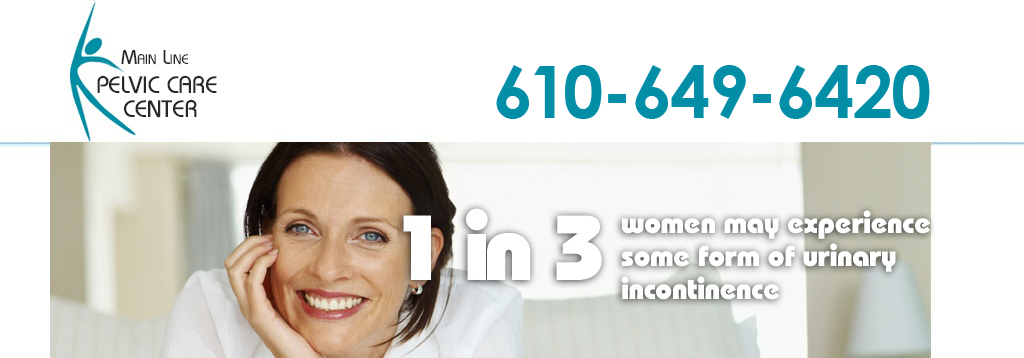
|
SEX AND MENOPAUSE Menopause introduces complex physical, emotional, and hormonal changes. Women not only go through the psychological changes in their periods before complete dissolution of menstruation for an entire year prior to the official diagnosis of menopause, but they also have to deal with diminishing libido (sexual drive) and Hypoactive Sexual Dysfunction due to the changes of their hormonal state. For some women the emotional roller coaster ride, coupled with the physical challenges, prove to be overwhelming. Turning on a women’s libido is not like switching on a light! Basically, loss of estrogen following menopause can lead to changes in women’s sexual drive, but also progesterone, testosterone and DHEA levels can contribute as well. Changes that may occur during menopause include:
Treatment-wise there are many fears regarding Hormone Replacement Therapy, however, small levels have been shown to change women’s sex drives and aggressiveness when adding a combination of hormones. WE ARE NOT ALONE Men, on the other hand, are fortunate to have phosphodiesterase medications such as Cialis, Viagra and Levitra, that can immediately improve their erectile function. HOWEVER, it should be noted that men can also endure hormonal changes as well. Hypogonadism affects libido/ sexual drive and aggressiveness and can cause depression or vice versa. The impact to a man can be different than a woman’s experience going through menopause, but it can still be quite dramatic as well, affecting many aspects of their lives. At one time, Viagra was being studied for women’s libido. Urologist Jennifer Berman, MD and her sister Laura Berman, PhD studied the effects of Viagra for women and consequently the same effects were not appreciate upon women as they were upon men. Overall, studies at phosphodiesterases are equivocal with no clinically significant changes. For women, a straightforward issue like erectile function is not the issue. The limbic system relating to orgasms, in addition to sex drive are affected by hormone levels at the pituitary and hypothalamus levels, and consequently can be directly affected by menopause. The impact of menopause can significantly affect a woman’s wellbeing. Menopause is the permanent end of menstruation, it is not a disease, but multiple changes can occur and most can be temporary. The longevity of the changes, such as hot flashes and night sweats, is individual. The changes upon the ovaries and loss of eggs within the ovaries, which occur with age, lead to menopause, unless a surgical procedure is performed and menopause would then be immediate. Menopause can start as early as the 30’s and as late as 60 years of age, however, the majority of women are in their late 40’s/early 50’s. Specifically, as mentioned by Cleveland Clinic in their description of sex and menopause, not only emotional changes but also physiologic changes to the vaginal tissue can occur, and decreased sexual lubrication can cause painful intercourse. As women are not as easily aroused and the sensation is much more blunted in addition to stress levels, there can be great hurdles, as they mention, to overcome the menopausal effects. They do mention that a combination of estrogen and testosterone may be helpful in increasing sex drive, intimacy with partners with external stimulation, such as videos, books, masturbation, and changes to sexual routines and positions. Vaginal stenosis and atrophic vaginitis (a form of vaginal dryness) can occur with decreased blood flow to the vagina, which is hormonally related, however, intercourse itself can fight that change. Lubricants, which are comfortable, such as Valera, as opposed to sticky or uncomfortable dripping lubricants, can also help support an easier experience. A study that was conducted by 2 private practices using Valera, cited improvements in arousal—relationship benefits and decreased pain. Since it is not so easy to “get in the mood for sex,” some women may need additional help from a sexual therapist. A list of sexual therapists can be found in societies such as the Sexual Therapists of America. Overall good health, such as maintaining a healthy weight level and eating a nutritious diet, considering gluten-free diets, not smoking (as we know it narrows the blood vessels and blood flow is quite poor) is essential. Increasing exercise will increase the blood flow to vessels within the pelvis. This is important for men as well, as erectile dysfunction is directly affected by penile/pelvic blood flow. Heart disease, high blood pressure, diabetes, under good control, and with counseling from your OB/GYN or BodyLogicMD, for instance, can offer treatment for many symptoms. Hypoactive sexual disorder associated with menopause can be quite complex but with support with proper nutrition, vitamin supplements and even yam-based hormone replacement, changes can be experienced in a woman’s sexual desire. Compound bioidentical hormones can help as well as they repair the damage caused by a hysterectomy or menopause by finding the hormone equilibrium your body needs. There are options, but overall a healthy lifestyle and seeking help—because there is help out there—is essential. |

Make an Appointment
Midlantic Female Urology and Pelvic Reconstruction
Philadelphia area
361 Medical Office Building East
100 Lancaster Avenue
Wynnewood, Pennsylvania 19096
610-649-6420
Collegeville Location
599 Arcola Road, Suite 105
Collegeville, Pennsylvania 19426
Copyright ©2013. Dr. Darlene Gaynor-Krupnick. All rights reserved.
This website is owned and operated exclusively by Dr Darlene Gaynor-Krupnick. This website is independent of and not affiliated with any link, reference or organization.